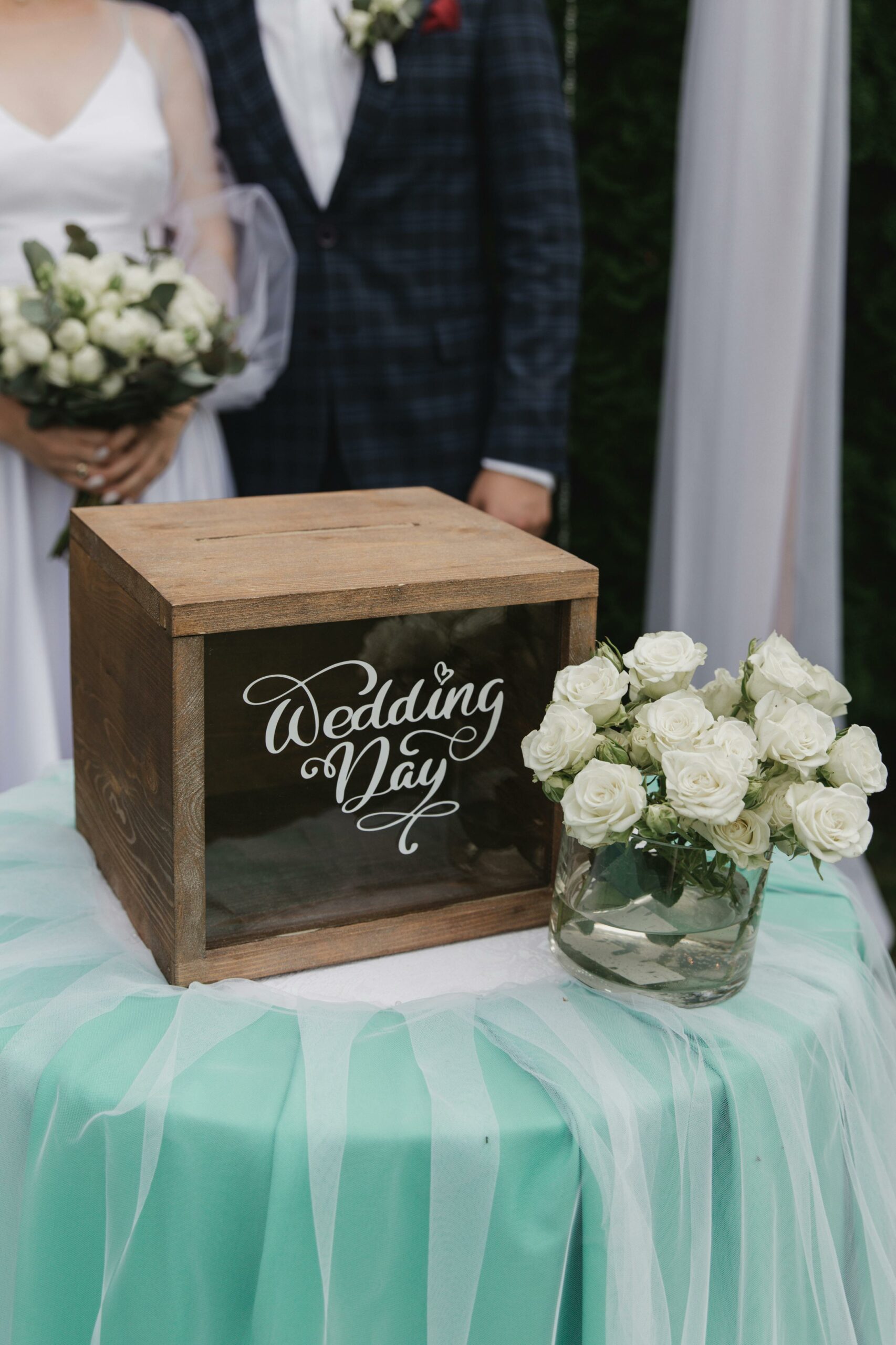Starting a winery can be thrilling and rewarding to transform your hobby into a profitable business. But it’s more complicated than planting a few grapes and putting a bottle of wine on the shelf. A lot of things need consideration and planning before leaping.
Therefore, this blog post provides a comprehensive guide on the things to know before you start your winery, from the legalities to the logistics of setting up and running a successful business.
Remember, the success of your winery depends on your understanding of the complexities of the business and making informed decisions.
Let’s get started.

1. Learning About the Ingredients and Processing Equipment
A lot goes into starting your winery, from the grapes you grow to the food processing equipment you use.
But it’s definitely doable if you’re passionate about wine and want to turn your hobby into a business. Here are a few things to keep in mind before you get started.
First, you’ll need to learn about the different grape types and determine which will grow best in your climate.
For example, cabernet sauvignon grapes make red wine, while chardonnay grapes make white wine. In addition to grapes, you may add other ingredients like yeast and sugar during wine-making.
The right food processing equipment is also necessary when making wine. A fermentation tank is needed to turn grape juice into alcohol while crushing machines extract juice from the grapes.
Filtering systems allow you to remove unwanted particles from the liquid while bottling machines package up the finished product.
These equipment can help speed up production time and provide consistent results throughout every batch of wine produced.
2. Navigate Licensing, Permits, and Taxes
You can easily navigate the licensing, permits, and taxes required to start a winery with the right resources. It’s crucial to understand that each state has their laws. Therefore, before launching, research the particular regulations for your state.
First, you must get a license from the Alcohol and Tobacco Tax and Trade Bureau (TTB). This will allow you to buy or make wine and then sell it. You also need to consider what license type you want; for example, will you sell wholesale or retail?
Knowing this information ahead of time can assist you in obtaining the appropriate licenses.
Per your state’s requirements, you might require additional permits.
For instance, some states require a permit for selling alcohol in restaurants or bars—or even just serving wine at special events or tastings.
Finally, there is the issue of taxation. Every business must pay taxes on their sales, but wineries may be subject to additional taxes depending on their state regulations.
The specifics can vary greatly, so you must understand your tax obligations before launching your business!
It can seem overwhelming to figure out all these legal details but ensure that you comply with any relevant laws and regulations for your winery business venture to go as smoothly as possible.
3. Get Funding for Your Desired Wine Business
One of the most important things to know before you start your own winery is to get funding for your business. Here are three tips to help you get the funding you need to make your dream a reality.
Know Your Numbers
When you have a solid understanding of your expenses, you can start looking for ways to reduce them. This includes everything from the cost of grapes and other supplies to the cost of equipment and staff.
Once you understand your costs well, you can start looking for ways to offset them. For example, you may be able to get grants or loans from government programs designed to help new businesses.
Have a Plan
Investors want to see that your organization has a well-defined plan. This covers everything, from your financial estimates to your marketing plan.
If you can show potential investors that you have a well-thought-out plan, they’ll be more likely to provide funding.
Research Potential Investors or Lenders
You can begin researching potential investors or lenders interested in investing in your winery. It’s important to research different sources of capital so that you can find the best fit for your needs.
Investors come in various forms, including venture capitalists, angel investors, and family offices focusing on the wine industry.
Utilize Local Resources
When seeking funding for your winery, don’t forget to look into local resources such as banks or economic development organizations in your area that may be able to provide you with financing options or other support for launching your business.
Taking advantage of local resources can help make getting started easier and less expensive than if you seek out more traditional forms of financing, like loans from larger financial institutions.
Get Creative
There are several ways to finance a new business, so don’t be afraid to get creative. In addition to traditional loans and grants, you could consider crowdfunding or even partnerships with other companies.
4. Design the Winery and Retail Space
When designing your winery, you want to ensure that your guests feel comfortable and inspired. Consider the arrangement of the area and the vibe you want to create.
Do you want to focus on a modern and sleek design or prefer something more rustic and cozy? Make sure that the flow of the space directs customers through the winery logically while allowing plenty of room for exploration.
Next, consider how you will utilize the retail space. Make sure there is a place for customers to browse your products and buy them.
Attractively displaying your bottles is essential; use shelving or other creative displays to draw attention to your selection.
Additionally, don’t forget to provide plenty of information about each wine so customers can make informed decisions.
5. Set up a Wine Club
One thing to know before starting your own winery is how to set up a wine club. A wine club can be a great way to promote and sell your wines, but you should keep a few things in mind when setting one up.
Choose the correct format for your wine club. There are two main types of wine clubs: subscription-based and order-based.
Subscription-based clubs charge a fixed monthly or annual fee, while order-based clubs allow members to order wines as they please. Decide which format will suit your business strategy the best.
Set up a mechanism for monitoring payments and orders. This is crucial for you and your group members. You’ll need to be able to track which members have paid and which wines they’ve ordered.
This will make it easier for you to manage inventories and guarantee that everyone receives the desired wines.
Promote your wine club through online marketing. Make sure you let people know about your wine club and what it offers.
Conclusion
Starting a winery is a rewarding experience, but it takes a lot of effort, commitment, and expertise.
By understanding the basics of sourcing your grapes, the legal requirements for selling wine, and the unique marketing challenges associated with the wine industry, you can ensure that your winery will be successful.
So, here we discussed the crucial things to know before you start your winery so you get the proper support to make your dream of owning a winery a reality.






